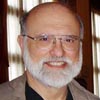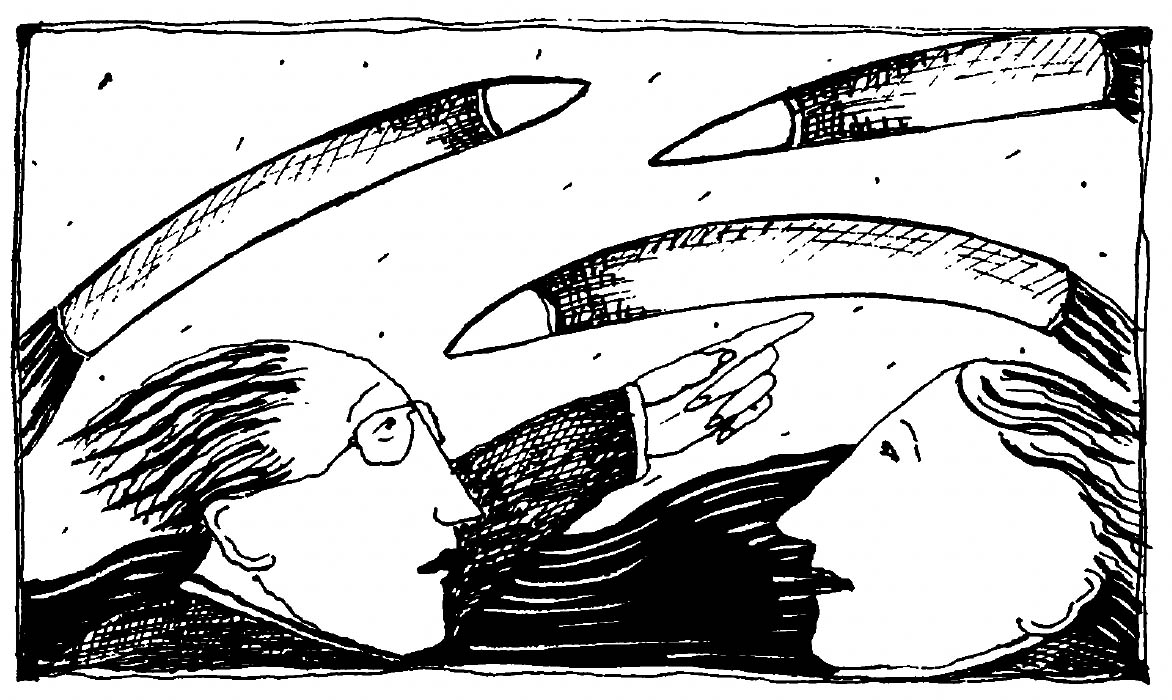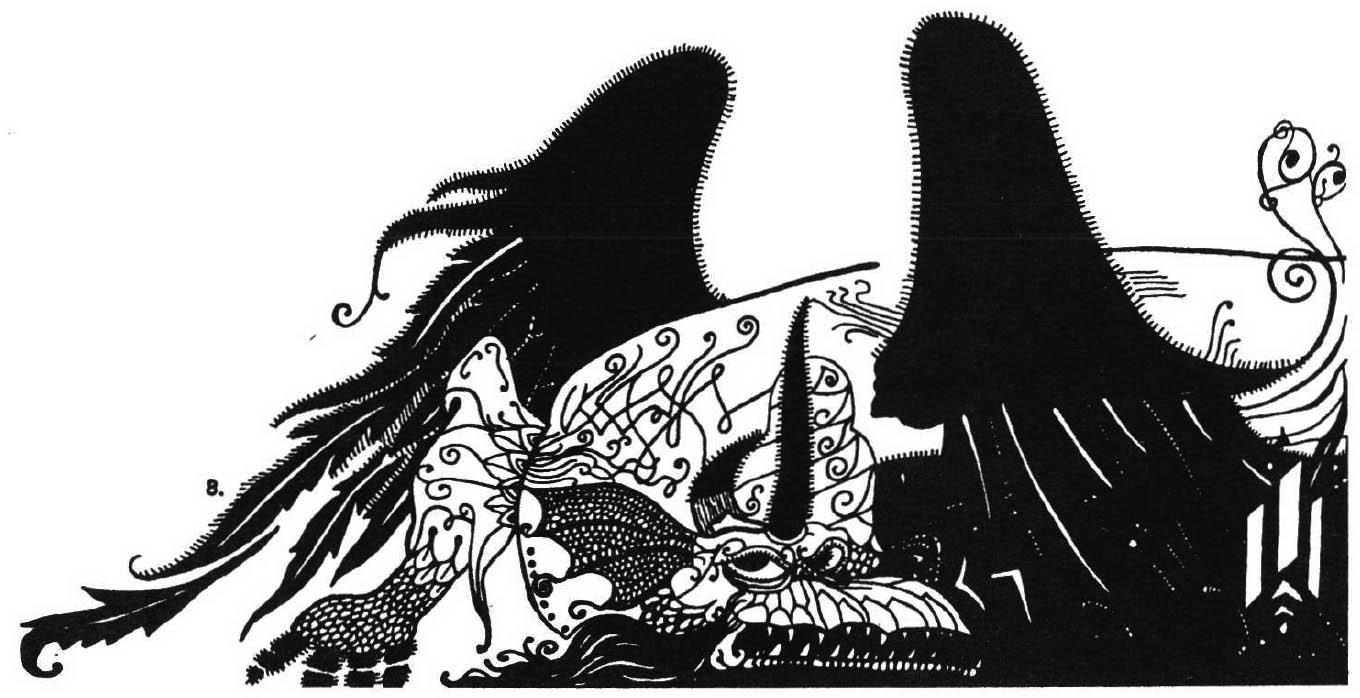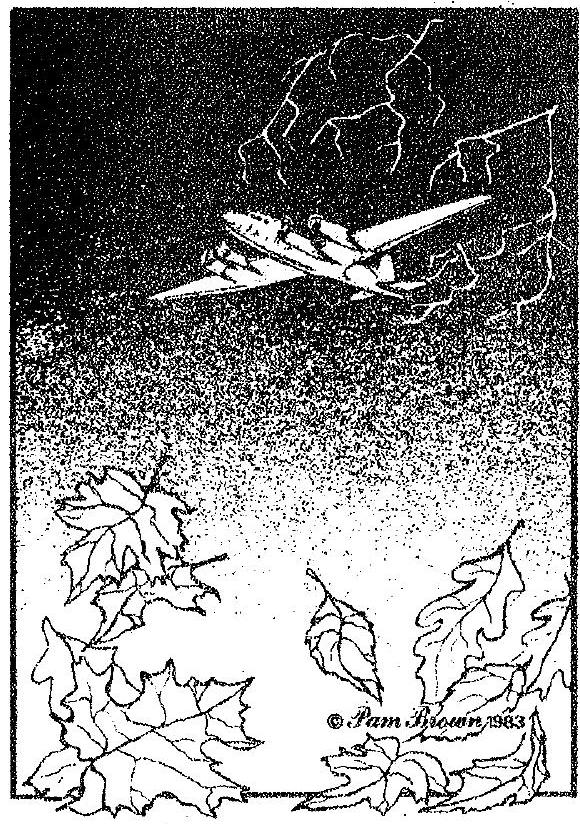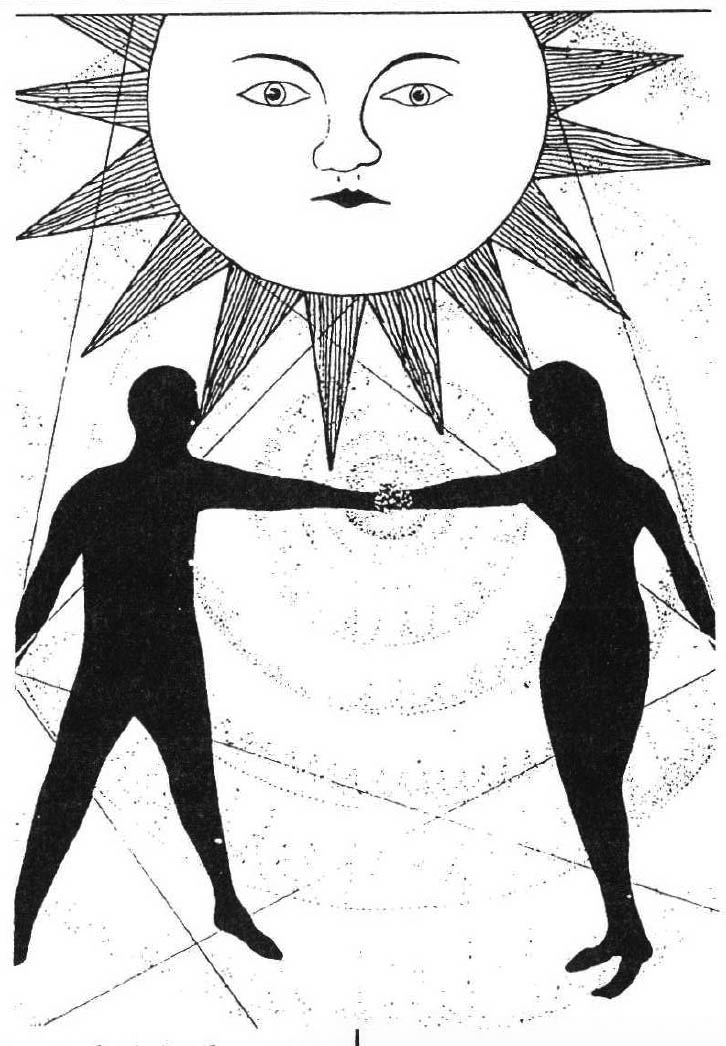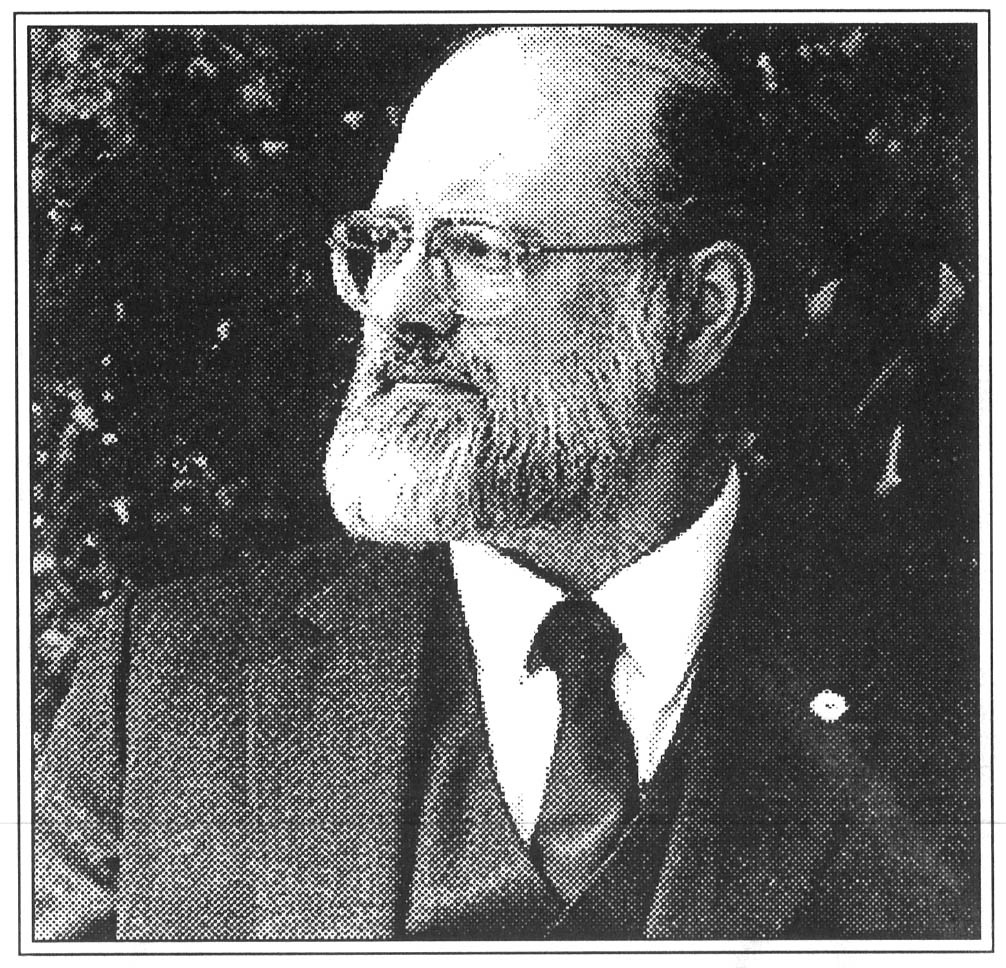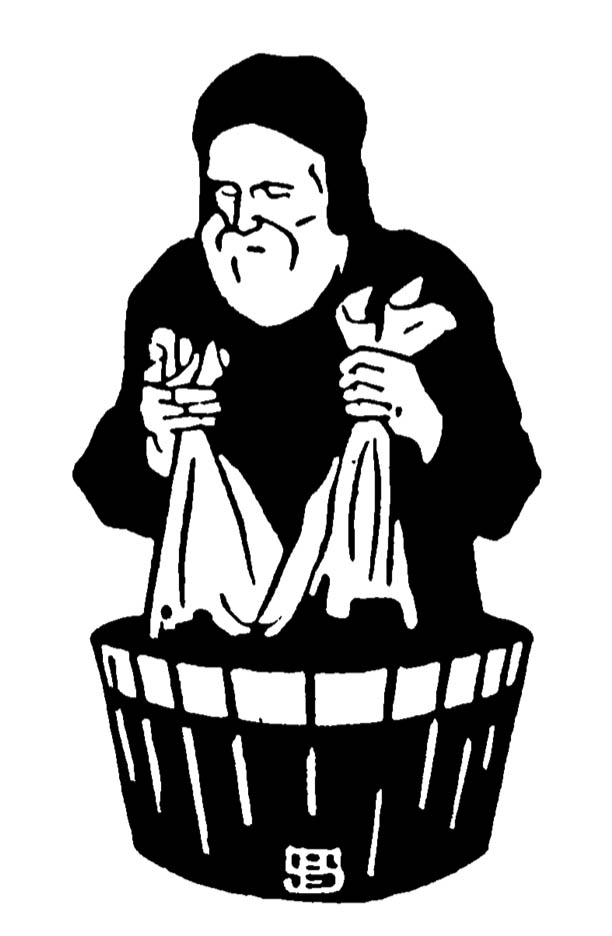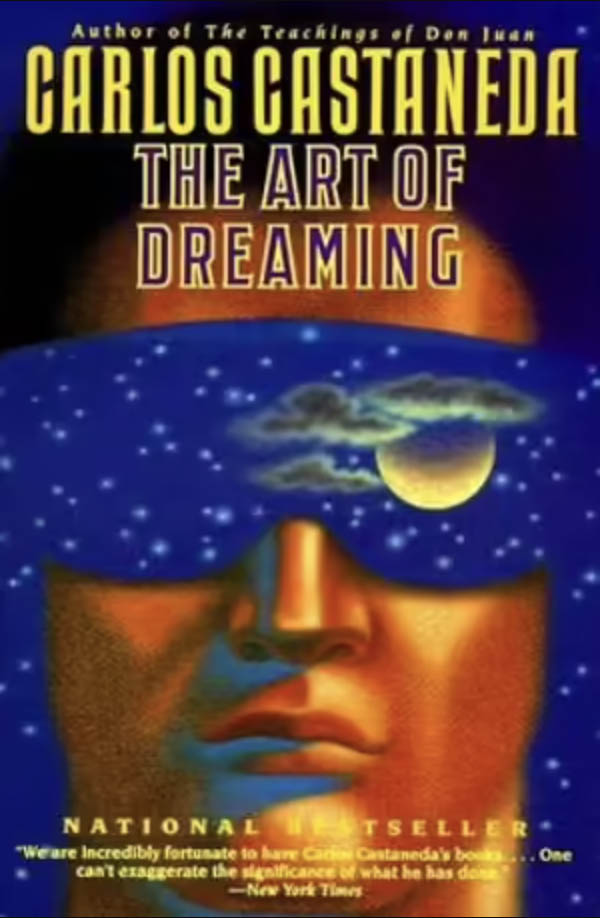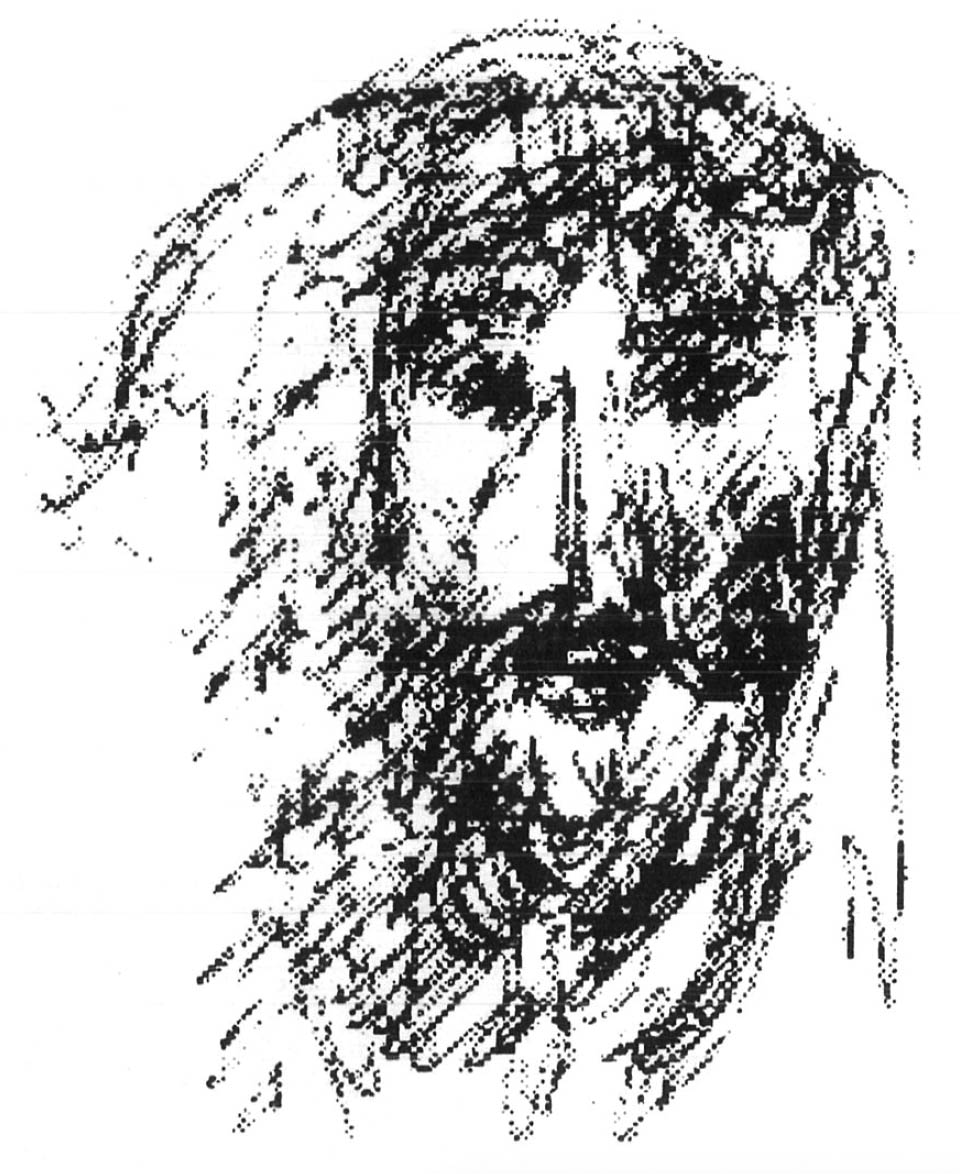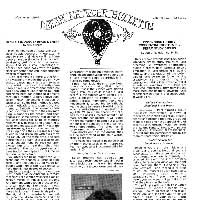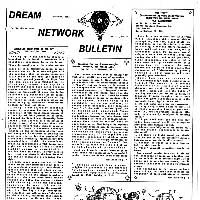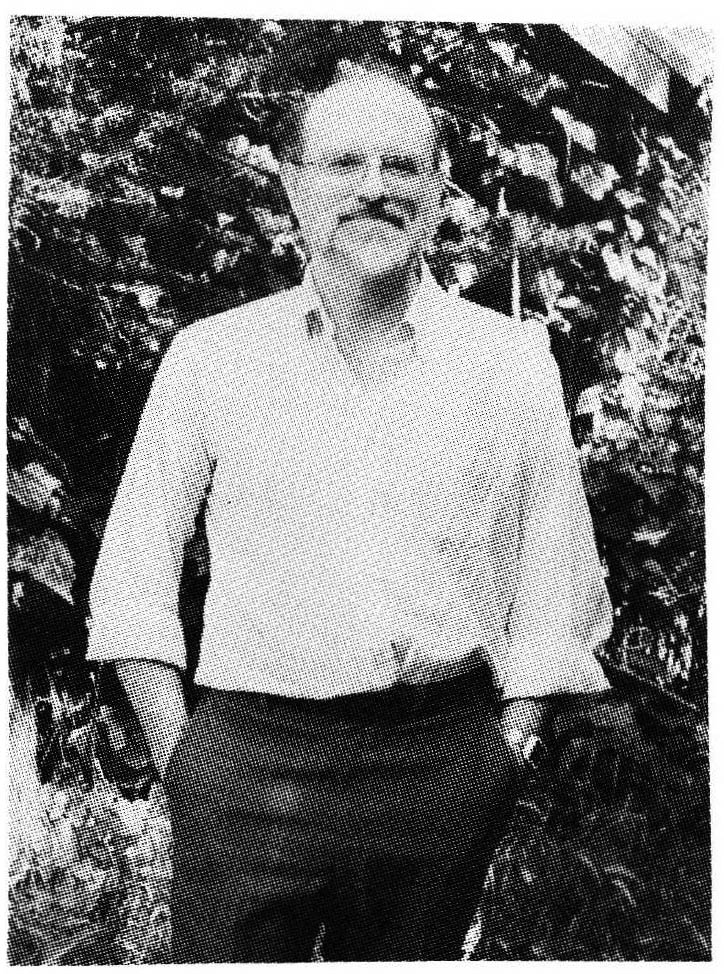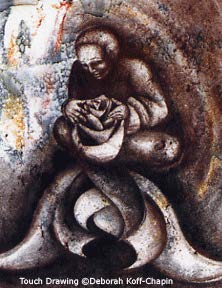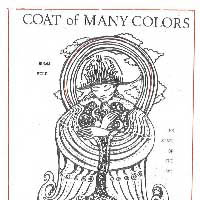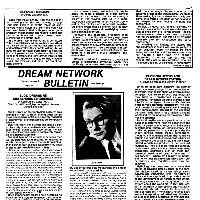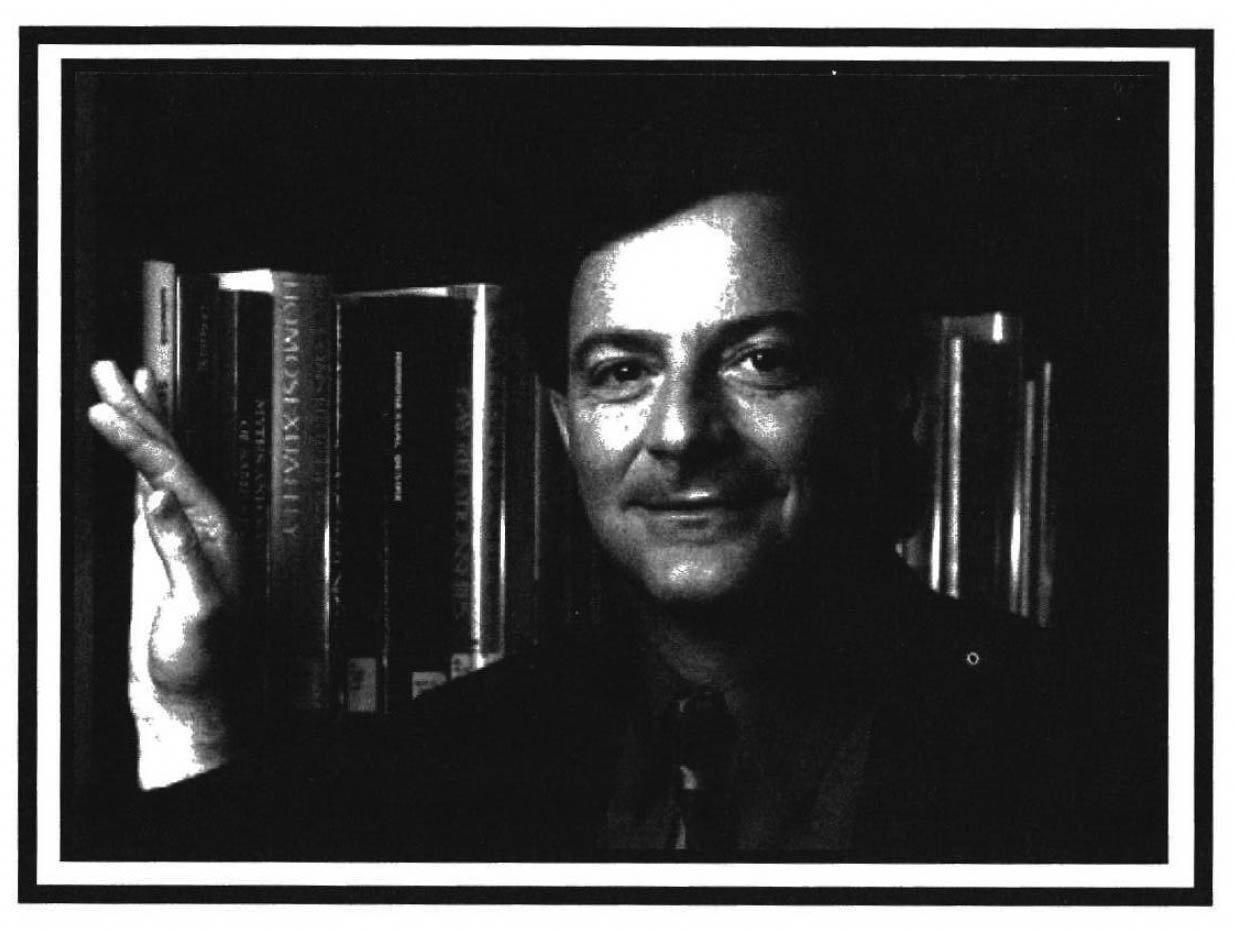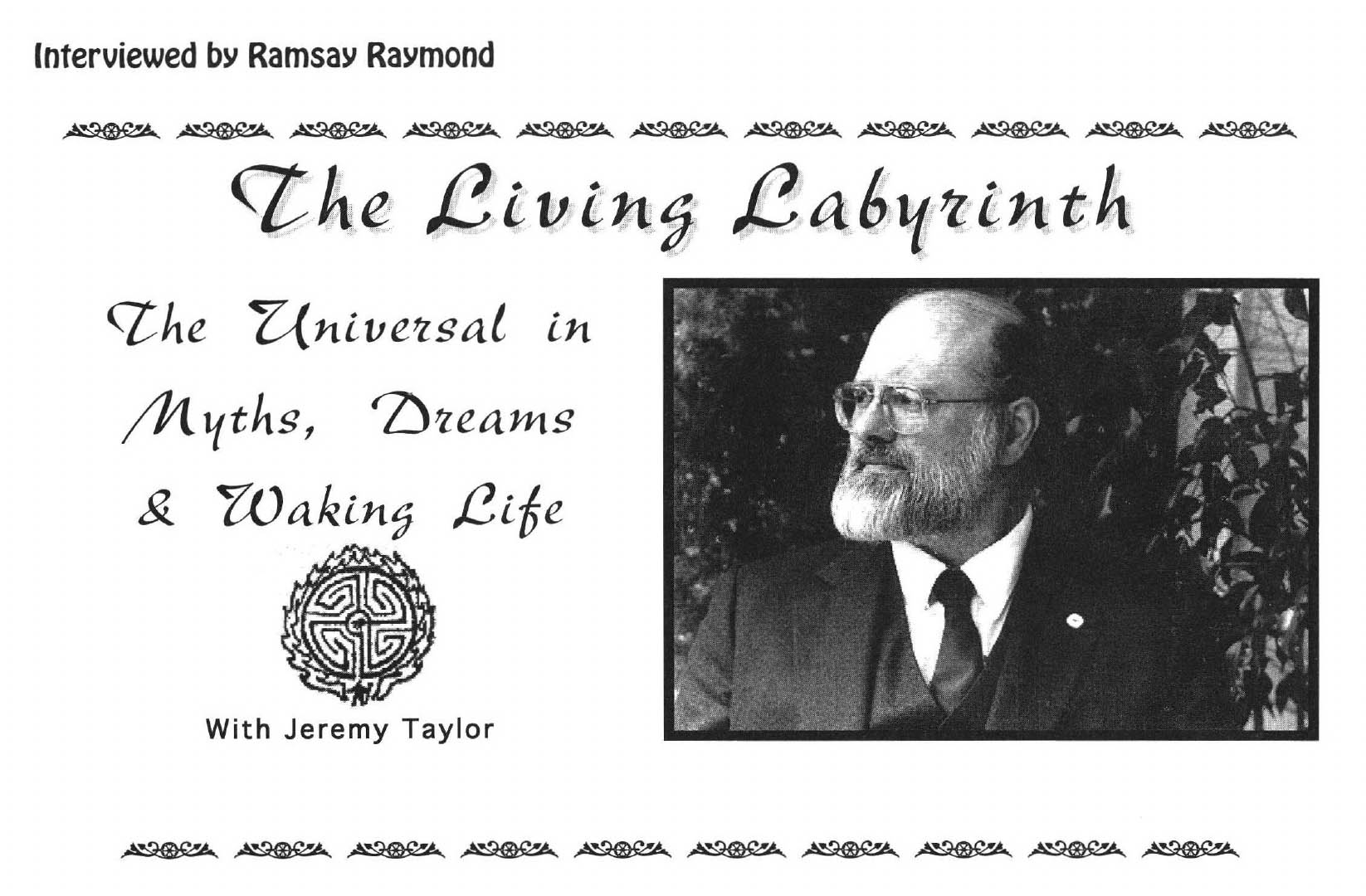
DNJ: Joseph Campbell once said, "A myth is a public dream; a dream is a private myth." For you, what is the relationship of dreams to myth?
JT: Well, I think Campbell is exactly right. From my point of view, the main thing that binds the two forms together- myth, or sacred narrative, and nighttime dreaming - is the archetypal symbols that manifest themselves simultaneously in both of those forms. These archetypal energies and symbols also manifest in the details and resonances of waking life. One of the things I'm trying to do in my book is to make it clear that this archetypal realm does not exist just in the isolated realms of sleeping dream and waking sacred narrative. They are present all the time and influence even the most mundane kinds of perceptions.
DNJ: You said that "Dreaming itself is the universal model, the prototypical experience of the generation of a sense of meaning." How do dreams help to generate a sense of meaning? Is this related to the mythic dimension?
JT: It's a great question. I think it has to do primarily with story, with narrative. The things in our lives, individually and collectively, that are the venues of most meaning can only be verbalized adequately in story form. That dramatic, emotionally charged narrative is the only verbal form we have equal to the task of conveying the multiple layers of meaning that real significance requires. We can also do it with visual art and visual symbols and of course the dream does it with both. We not only construct a verbal narrative when we tell the dream, we experience it with all the senses. Our dreams remind us constantly that the reality that we live awake has the same multiple resonances even though the narrow focus of consciousness tends to numb us to that fact. That has always been true and has always been an important spiritual realization. The mythic dimension of our individual and collective lives is not limited by the envelope of European culture. An adequate grasp of the depth and significance of archetypal forms also requires at least a nodding acquaintance with sacred narratives from Africa, Asia, India, the Arctic, Pacific Island cultures, Native American traditions, et. al.
DNJ: Many people experience a loss of meaning because they don't have a sense of their place in a larger pattern. Is it your sense that myths help us to discover spiritual meaning by revealing the ways in which we are participating in something beyond the personal, something transpersonal?
JT: Absolutely... Participating in something that had meaning before we were born and will continue to have meaning after we die.
DNJ: Why is it important at this time that people begin to understand the mythic dimensions of their own dreaming, meaning that which is beyond just their own personal world?
JT: I don't say that it's only important now, I think it's always been important. Such awareness has always been a hallmark of authentic spiritual development. But I think it has become an absolutely crucial social, cultural, economic and political matter now. The failure to develop that greater mythic understanding contributes to the destruction of the biosphere by ill-considered human action. The health and wholeness that the dreams are striving toward is not limited by the envelope of the individual dreamer.
What used to be a secret amongst initiates has now become absolutely crucial, necessary, public knowledge. That's one of the reasons that I have devoted my life to promoting group dreamwork and devoted my literary life to writing books that will hopefully entice people into paying more attention to their own and one another's dreams. This new book is an effort to extend this respect as well to sacred narratives from around the world-and not just the sacred narratives of the Indo-European people-which up until fairly recently has been what people mean when they talk about mythology.
DNJ: You talk about the compelling nature of the encounter with the collective unconscious in our dreams, whether it be the fathomless ocean, the limitless sky, ancient lost civilizations or your area of particular interest, UFOs, alien encounters. Can you say something about this encounter with a superior intelligence or force, which is sometimes benign, sometimes ruthless. There is such attraction and fear...
JT: The encounter with the deep collective unconscious always involves a radical reassessment of the meaning and value of waking consciousness. It invariably diminishes the notion of it's importance. There is no notion of superiority left. And if the sense of importance attached to the waking ego is derived from a sense of "superiority," as so many postmodern Western folks' is, then the encounter with the collective unconscious is initially disorienting and horrifying. At the same time, it is always filled with hope and deeply renewing energy. The element of the alien abduction story, which involves women being impregnated against their will to create a new hybrid species that will change everything and save the planet, is clearly a metaphor for the desire of consciousness itself to evolve. The knowledge and energies of evolution come from within... what Jung called the collective unconscious, the Celts called the Other World, Emerson called it the World Soul and the Buddhists call the Buddha mind.
DNJ: Joseph Campbell, studying the world's folklore and mythology, said that there really was just one myth, the mono-myth, the myth of the hero or heroine's journey. Does this seem true to you?
JT: Sure. My reading of him does not say that it's the hero/ heroine's journey alone. I hear him saying that virtually all of those narratives-the hero/heroine's journey being one of the ones that he spent the most time on-are all examples of the mono-myth which is more generically the One separating itself into the Many, then the Many finding their individual ways back to the One. Sustained dreamwork regularly awakens an increased understanding that the evolution of the individual consciousness parallels the narratives in these great sacred narratives.
DNJ: You have such a positive trust in dreaming and, in many ways, in the collective. What is your sense of some of the dangers of the ways the collective unconscious can function in a group? Jung warned about that in Nazi Germany.
JT: Jung's own personal encounter with archetypal energies had been so healing and so transformative, that initially he was not able to imagine that a collective activation of these same archetypes - which he recognized in the National Socialist movement in Germany - could have anything but a positive outcome. But then he saw that it wasn't a done deal and that the crucial difference was not the archetypes, but the consciousness that encounters the archetypes. The problem is not in the dreams but in the way we interpret them and channel the energies of the dream into waking experience and action. That's why I think dreamwork is such a crucial art, such a crucial skill, because the energies that we encounter are indeed the energies of primal creativity and transformation. Those in fact are the energies that the Nazis activated and called up. But they did it in an interpretive framework that was mistakenly literal and prematurely closed.
DNJ: And malevolent.
JT: Well, you see from their point of view, the Nazi movement was not malevolent. It was seen as deeply benign and positive. It was an effort to cleanse society of evil and create a "brave new world", free of uncertainty and fear. The problem is, the Nazis tried to accomplish this by denying the shadow aspects of their own personalities and culture that were unevolved and untrustworthy, and instead projected these aspects outward onto their "enemies." Premature closure and mistaken literalism - particularly through projection - are two sides of the same coin and I'm convinced are the root of all evil. You have to be born yesterday under a flat rock to believe that these incredible experiences are only literal. The realization that events have meaning below the surface of obvious appearance is the single most important moral act of which we are capable. And the dreams regularly, day in and day out, invite us to that primary moral understanding.
DNJ: And so the meeting in groups, particularly egalitarian groups, is a hedge against that premature closure.
JT: Absolutely. An absolute practical necessity because of the unique sort of blindness every individual waking consciousness has to it's own drama. It is an inevitable consequence of partially evolved consciousness.
DNJ: You have said, as a whole species we are in deep trouble. Do you have any sense of any new, or returning, myths that can help to guide us as a species, as a people, as a family, through these next times?
JT: Absolutely. I think that's one of the most important questions that can be asked. In some sense, my whole book, The Living Labyrinth, is an effort to answer that question. In terms of new myths versus old myths, I do not believe that question can be answered one way or another. It depends on what level you ask the question. At the level of specific narrative, obviously there are new myths. Probably the most important one being the new cosmology - the Big Bang theory and its implications - namely, that everything in the universe has the same source and that the laws of physics apply everywhere. Ultimately, this is a theological assertion and contradicts all of the old 'special privilege' myths, the limited sectarian understandings that are used to foster 'double standards' of morality and action in the world. Now that, at one level, is a new story that grows out of our new 'scientific' culture. It has the advantage of embracing the entirety of the cosmos, the entirety of humanity, the entirety of experience.
DNJ: So this allows a new evolution to take place of everything being used.
JT: Everything having a place... Now on a deeper level, it's not a new story at all; the Big Bang is simply the most current version of the One dividing itself into the Many and then the Many fragments finding their individual pathways back to the One again, to get back to the point that Campbell makes. At that level it's not a new myth at all.
DNJ: And Genesis makes sense, the first paragraphs.
JT: Yes, Genesis, the If a Oracle, the wanderings of the Willawak Sisters, the Rainbow Snake and Earth Maker and Coyote walking across the face of the darkness... All the stories stand and complement one another. There is no one story that eclipses all the others. They illuminate one another and at that level of depth there are no new myths. Both of those things are true at once.
I would say, for instance, that what Rianne Eisler calls the 'Partnership Way,' the balance of respect and mutual aid between masculine and feminine, is a new story. Although she projects that story backward onto the early Bronze Age, I do believe she is absolutely right about the archetypal importance of this pattern; it's just that it should be projected forward onto our future, not sadly and nostalgically back onto our 'lost past!'
I believe that we have arrived for perhaps the first time in human history, at a place where the archetypal 'Partnership Way' can in fact be practiced on the Earth. In that sense, the 'Partnership Way' is a totally new story and in another sense, it is not new at all! It is the great balancing act between ALL the seemingly irreconcilable opposites. It's the yin and yang in harmonious mutual embrace, the liminal place of dawn and dusk, where the light meets the darkness, and new consciousness is born; the same archetypal place where new consciousness has always come into being.
The problem in our own psyches and out in the world (and they reflect one another exquisitely) is premature closure. The moment we take the stance - oh we've got this one down, we know how this one works - then the archetype of Trickster is potentiated and vitalized, and brought into the drama.
DNJ: I'm glad you brought up Trickster. I've wanted to ask you about Trickster and the Year 2,000 (Y2K) computer problem. This little two digit glitch, this oversight from mid-century may potentially be quite damaging.
JT: Yes! The "Millennium Bug" is just one more contemporary example of the archetypal Trickster at work!
DNJ: I sense Trickster at play here in the way that technology itself might bring about the fulfillment of the Biblical prophecy of a millennial apocalypse. That such an event would come from the most self-confident area of the culture-science & technology- that disclaims this mythic dimension is a lesson in hubris.
JT: Yes, and a more sophisticated grasp of sacred narrative would have made it clear immediately, as it was to a number of people, what a mistake this was. The history of the evolution of the computer is a history of this kind of mistake. It's one of the most amazing Trickster histories and it's all so fast. I think it's very important for people to realize that the Trickster is not an archaic archetype. It is just as much a contemporary archetype as it ever has been.
DNJ: It's alive and well and operating.
JT: Absolutely.
DNJ: So stay awake.
JT: Yes. As Rumi says, "The only one who is awake is the one who has heard the flute".
Jeremy Taylor has contributed greatly to the popularization of dreamwork over the last several decades. A Unitarian Universalist minister who teaches at several universities and seminaries in the San Francisco Bay Area, he is a co-founder and past president of the Association for the Study of Dreams, and author of three books on dreamwork, all of which are currently in print. He has contributed significantly to several TV and radio specials on dreaming, and pioneered interactive dreamwork on-line as host of AOL's The Dream Show.
Ramsay Raymond, MA, MHC is an Advisor to the Dream Network Journal, a psychotherapist, and educator in spiritual psychology. She directs The Dreamwheel, a program in dream education in Concord, MA.

